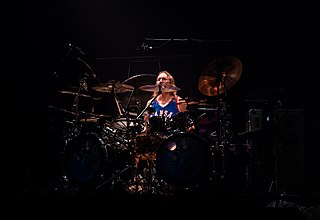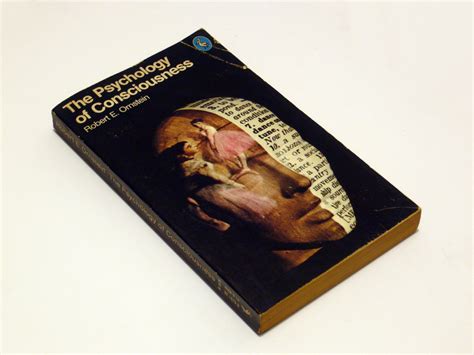A Quote by Tim Cook
There are times in all of our lives when a reliance on gut or intuition just seems more appropriate - when a particular course of action just feels right.
Related Quotes
During the course of my presidency, it feels as if a couple times a year, I end up having to speak to the country and to speak to a particular community about a devastating loss. The grieving that the country feels is real, the sympathy, the prioritizing, the comforting of the families, all that’s important. But I think part of the point that I wanted to make was that it’s not enough just to feel bad.
It is not rational to assume, without evidence, that rationality can disclose everything about the world, just because it can disclose some things. Our intuition in favour of rationality, where we are inclined to use it, is just that - an intuition. Reason is founded in intuition and ends in intuition, like a pair of massive bookends.
Before 'AEnima,' we were just following our gut. There was a lot of anger in the air and we never tried to control that. But just as we mature as humans, with 'AEnima' we tried to be fueled more by spiritual ideas or more of a conscious mode of aiming things in the right place or trying to take more responsibility for our art.
This duality has been reflected in classical as well as modern literature as reason versus passion, or mind versus intuition. The split between the conscious mind and the unconscious. There are moments in each of our lives when our verbal-intellect suggests one course, and our hearts, or intuition, another.
About the only question that we would say and this is a big one in our lives that we would say you don't just use pure reason to decide the answer to is anything that affects your happiness, because then gut and reason answer very different questions. So gut tells you "How do I feel about this right now?"
Parents are never forgiven for not giving just the right response at the appropriate moment. Or, rather, there are particular times in the adolescent's or young adult's life, when a certain response is needed, and this need is not met, and the failure to meet this need is forever remembered, and is never forgiven.
But ... the working scientist ... is not consciously following any prescribed course of action, but feels complete freedom to utilize any method or device whatever which in the particular situation before him seems likely to yield the correct answer. ... No one standing on the outside can predict what the individual scientist will do or what method he will follow.

































